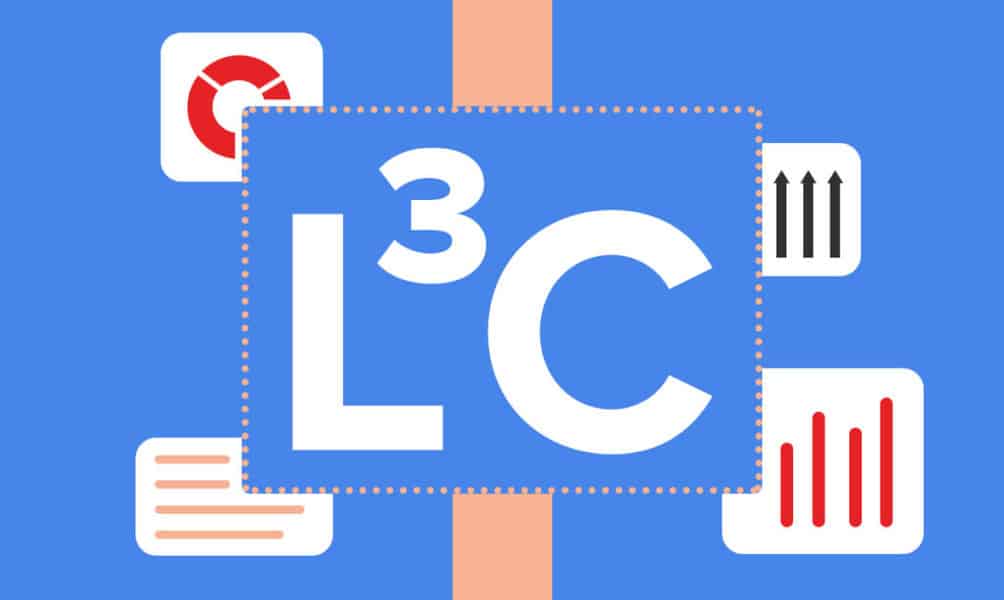If you have entrepreneurial dreams, you’re probably full of business ideas. So why limit yourself to just one business? Start with one, sure, but then you should be able to start a second or a third, and so on.
One of the great things about limited liability companies (LLCs) is having multiple businesses under one LLC. But getting there may be more challenging than you think.
Fortunately, this guide lays out all the necessary information to get it done right.
Doing Business As (DBA)
To have multiple businesses under one LLC, you’ll need to register “doing business as” or DBA names for each new business. There’s no limit to how many DBAs you can have under your LLC.
If your LLC is called “Johnson Enterprises,” for instance, you could register “Johnson’s Tile,” “Johnson’s Drywall,” and “Johnson’s T-shirts” as DBA names. They would all still be part of Johnson Enterprises.
The advantage of doing this is that you can run your businesses separately but only have to register and do annual filings for one LLC.
You can have bank accounts under each DBA name so that you can manage the finances of each business separately. You can pay each business made to the DBA name and deposit them into the associated account.
You can also have one employer identification number (EIN) for your LLC, and when you file taxes, you’ll report the income of all businesses together on one tax return. Also, your LLC’s personal liability protection applies to all your DBAs.
The disadvantage of having multiple DBAs under one LLC is that if one of your businesses is sued or can’t pay its debts, all businesses under that LLC could be impacted, as the assets of all the businesses will be at risk.
Why Should I Choose a DBA?
Remember that a DBA is not a formal legal entity, meaning you would never choose to form a DBA over an LLC. And in fact, an LLC can also have a DBA.
But you should know that, unlike an LLC name, a DBA may not give your business exclusive rights to that name. In addition, some states allow multiple businesses to file and use the same DBA name, so be sure to check the laws in your state.
Though DBAs do not offer liability protection like LLCs, there are still some good reasons to file a DBA. For one thing, if you come up with a DBA that’s more attractive than your official business name, it might help you generate more business.
Also, if you’re preparing to offer a new line of products, a DBA will help you differentiate your brands while keeping all your products under one official business entity.
LLCs Can Have Multiple DBAs
In most states, an LLC can register an unlimited number of DBAs, though some states do set a DBA registration limit. You should know that each DBA must be filed separately, and each filing carries fees. Check with your state for all the details about DBAs for LLCs.
Many LLC owners register several DBA names shortly after forming their business to be ready when they need them. But it’s important to consider how the DBA name you choose will affect the perception of your LLC. Therefore, choosing DBA names that help attract customers and boost your brand image is generally wise.
Another Option – A Holding Company LLC
One alternative to registering multiple DBAs is forming a holding company LLC to form and own LLCs for all your businesses. The holding company does not have any operations – it simply holds the assets required to run your business LLCs.
This option is generally chosen by companies that expect to be acquired at some point. The advantage is that if one of your LLCs is sued or cannot pay debts, none of your other LLCs are affected.
This option, however, is more complicated to manage. You’ll have to file articles of organization for each LLC, have separate operating agreements, and file annual reports and tax returns for each LLC. You’ll no doubt want a tax advisor to help you with all your filings and an attorney to help you with legal matters.
Advantages of the Multiple DBA Option
Most companies choose the multiple DBA option due to some clear advantages.
- Each DBA name can be its brand
- Separate bank accounts for each business
- Administration and taxes are much simpler than with a holding company
- No limit to the number of DBAs you can have under one LLC
The only drawbacks are the liability issue detailed above and that registering a DBA name does not prevent someone else from using that name. No one else in your state can use an LLC name when you form an LLC. A DBA, on the other hand, can be used by more than one business.
To protect your DBA names, however, you can trademark them, and then they cannot be used by anyone else in the United States.
How to Register a DBA
You’ll need to register your DBA with your state and possibly with the local government. You can usually do so online and pay the associated fee, which is generally under $100. In addition, some states require public notice of your intent to use the name, which involves placing an ad in a local newspaper and making the announcement.
Remember that if you’re doing business under a name that is not your officially registered LLC name, you must register a DBA. Not doing so can lead to fines and penalties. DBAs also need to be renewed periodically, so check with your state and local governments for requirements and due dates.




